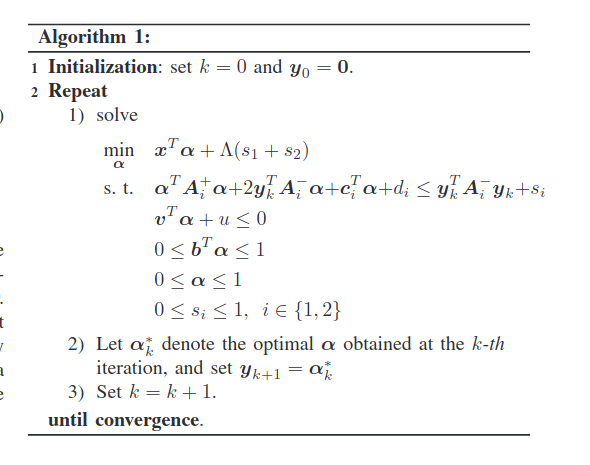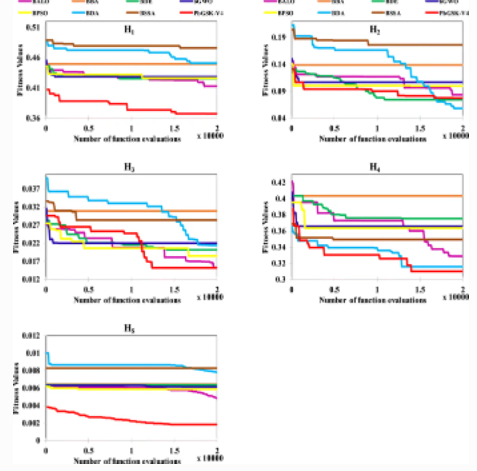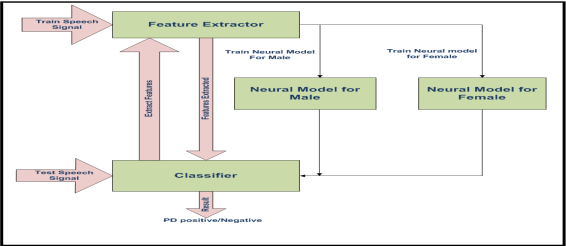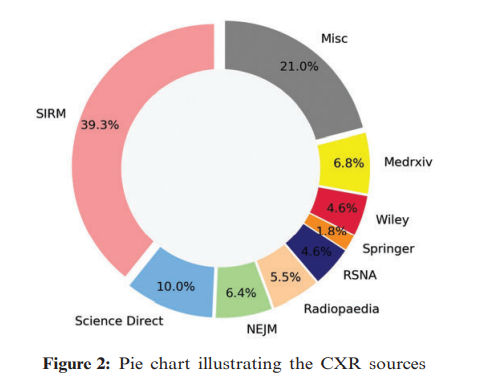
Novel cooperative policy for cognitive radio networks: Stability region and delay analysis
We consider a cognitive radio system that consists of primary user, secondary user, and their destinations. The secondary user has a relaying capability, i.e., it transmits the relayed packets from the primary user. Unlike most of the previous works that restrict the secondary user to transmit only in the idle time slots, we assume that the secondary user interferes on the primary user with certain probability that is optimized to maximize the stable throughput of the secondary network under certain level of quality of service constraints for the primary one. We show how significantly our proposed scheme improves the performance of the secondary user and increases the maximum stable throughput of the primary user over the traditional cooperative policies that restrict the secondary user to exploit only the periods of silence of the primary user. © 2016 IEEE.



